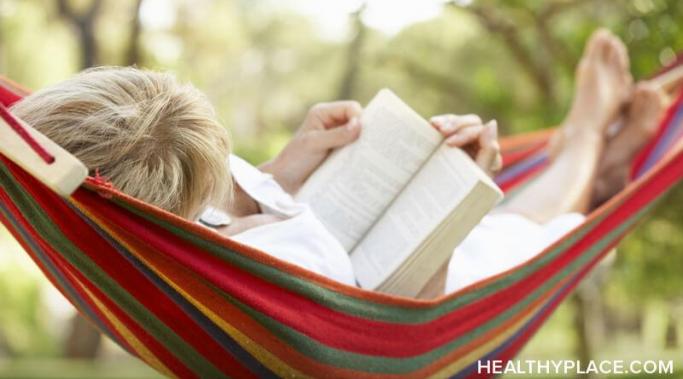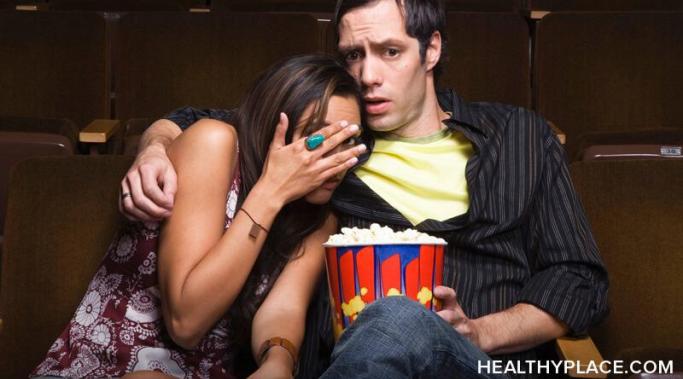There are oodles of books on self-care nowadays. Its importance to wellbeing is plastered all over social media, is fodder for talk shows and podcasts, and is touted by doctors and therapists (in my experience) as essential to curing what ails the mind and body. That being said, practicing self-care can be hard.
Anxiety-Schmanxiety
I recently experienced an unexpected anxiety trigger while watching a movie. This had never happened to me before. Granted, the movie was about the impending doom of planet Earth, but it was a "dramedy": a movie combining elements of drama and comedy.
I often say I have too many creative hobbies. I enjoy writing, I like video editing, among others. My hobbies are an integral part of how I keep my mental health in check; so, for this blog, I want to go into a bit of detail with regards to how I make sure my hobbies help my mental health instead of harming it.
I've been drinking an average of two cups of caffeinated coffee a day for decades. This is not a lot by some standards. I relished my first "cup of Joe" in the morning, appreciating the way it got me going. That second cup in the afternoon was the delicious pick-me-up I needed. I always knew that caffeine was a stimulant, but I never quite understood how caffeine affected my anxiety, if at all.
When I am very stressed out, I tend to watch a lot of quiz shows. This has been a constant in my life since I was very young – I remember watching episodes of Jeopardy when I must have only been two or three years old.
Anyone who has read my blog for any amount of time knows that music plays a powerful, indescribably important role in my life. In the past, I’ve specifically discussed my love of metal music and how listening to metal music helps my mental health. I want to use this post to discuss music in a more general sense, as I believe no matter what kind of music you love and listen to, you can and will get something positive out of it.
Talking openly about anxiety, or any mental illness, is a relatively new concept. For many, it can be a terrifying notion. It wasn't that long ago that psychiatric illnesses were not only a blight on the individual but on the whole family, as well. This is finally changing.
I remember when I was in college, I had to stop into one of my roommate’s friend's rooms across the hall. When I opened the door, I felt uncomfortable – not because of anything they said or did, but because of what I saw. The room was bare – I don’t remember seeing anything on the wall, shelves, anything. I remember thinking to myself, how could anyone live in a place like this? After that, I went back to my room and just sat for a while, enjoying my familiar environment. It was the first time I realized what I need in terms of that environment – namely, lots of decorations everywhere. I have found that decorations help with anxiety.
Every day, I make a point to take at least one bath. Sometimes if I’m really stressed, I’ll take more than one.
I was in my late 30s when I was diagnosed with generalized anxiety disorder (GAD). As a child of the '60s born of immigrant parents who survived both the Great Depression and World War II—each of them with their own harrowing experiences—I was raised with a don't-complain-pull-up-your-bootstraps-and-get-on-with-it mentality. As such, I grew up feeling unworthy of my anxiety.









